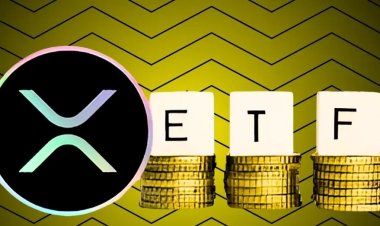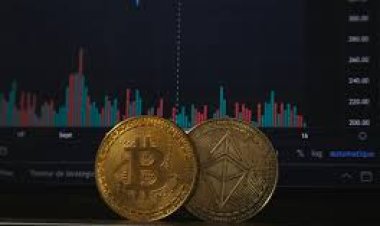BRICS Nations and Blockchain Community: A Game-Changer for Global Economy?
In recent discussions surrounding the BRICS nations (Brazil, Russia, India, China, South Africa), significant developments are emerging, particularly in the realm of blockchain technology.

In recent discussions surrounding the BRICS nations (Brazil, Russia, India, China, South Africa), significant developments are emerging, particularly in the realm of blockchain technology. At the 16th BRICS Summit currently underway in Kazan, a pivotal announcement caught attention—BRICS Pay, a new payment system. Comparable to platforms like PayPal, BRICS Pay allows users to load funds, facilitating transactions outside the U.S. dollar system. The move aligns with efforts by BRICS nations to circumvent U.S. sanctions and dollar dominance, particularly following asset seizures related to sanctions against Russia.
This shift away from the U.S. dollar standard is part of broader financial innovations within BRICS. A key point of discussion at the summit is the introduction of the "BRICS Unit," a digital currency backed by 40% gold and 60% local currencies. This proposed currency, created in collaboration with the Bank for International Settlements (BIS), could revolutionize international trade by offering an alternative to the U.S. dollar in cross-border transactions. Notably, the BRICS Unit would be based on a private blockchain called "Embridge," providing an independent financial ecosystem.
One of the most significant revelations is that 1,000 Bitcoin have been allocated to kickstart the currency’s ecosystem, signaling a growing shift in global financial systems. Central banks within BRICS nations are rapidly accumulating gold, which will serve as the foundation for this new token. This development has led to speculation that the BRICS Unit could disrupt Western financial markets and diminish reliance on the U.S. dollar and traditional reserve assets.
In addition to blockchain developments within BRICS, the broader crypto community is abuzz with news regarding Ripple and its potential involvement. Ripple, with a wide network of banking partners, could play a crucial role in facilitating cross-border payments, a key focus of the summit. The future of blockchain within BRICS could also see partnerships with other major players like Chainlink.
As discussions continue, the future of global currencies, including how they integrate with blockchain, remains in the spotlight. Whether the BRICS Unit gains traction as a new standard for international settlements or sparks further moves away from U.S.-dominated systems, the implications for the global economy are immense.
Stay tuned for further updates as the BRICS summit progresses and more details emerge on this potential financial revolution.






















